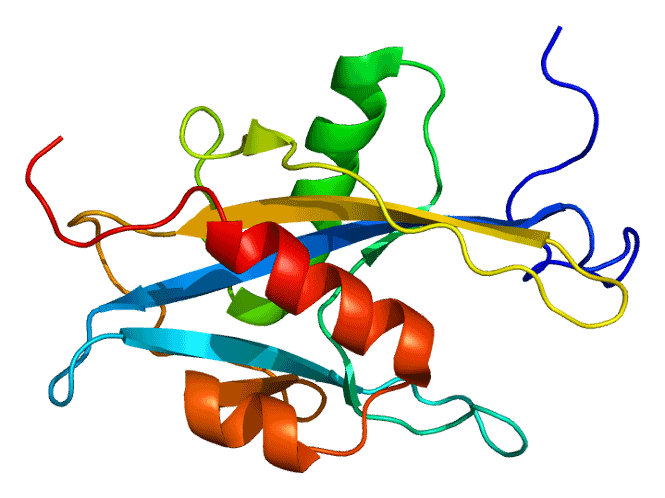A 49-year-old woman with a maternal family history of breast cancer was seen in a high-risk breast clinic. Both her mother and grandmother had breast cancer at an early age. Because her mother had reportedly declined genetic testing, the woman’s OB/GYN had ordered testing the prior year and told her she was negative. The nurse practitioner at the high-risk breast clinic wanted to review the test results and requested a copy, only to learn that this woman did not have a “negative” test report. In fact, she had undergone testing on a multi-gene pan-cancer panel in 2018, which detected a pathogenic variant in one copy of the MUTYH gene.
When individuals have a pathogenic variant in both copies of the MUTYH gene, they typically have MUTYH-associated polyposis (MAP), a hereditary cancer syndrome characterized by hundreds of colon polyps, and a 43 percent to 100 percent lifetime risk of colorectal cancer. Having one pathogenic MUTYH variant, as in this patient’s case, makes her a carrier of MAP. Around 1 percent to 2 percent of individuals of Northern European ancestry are MAP carriers, and some studies suggest their lifetime risk of colon cancer is modestly increased (between 7 percent and 13 percent), particularly when there is a family history of the disease.
To read the full article, click here.

